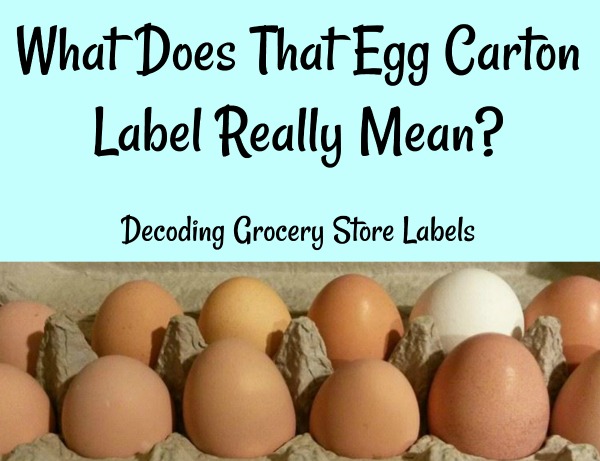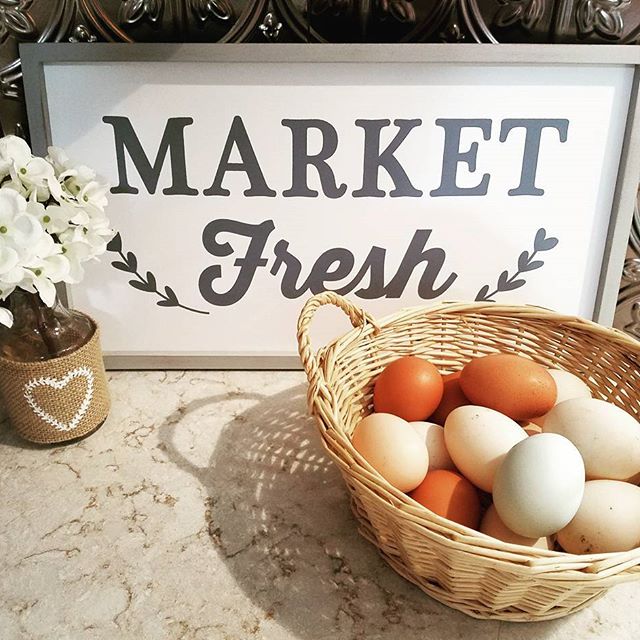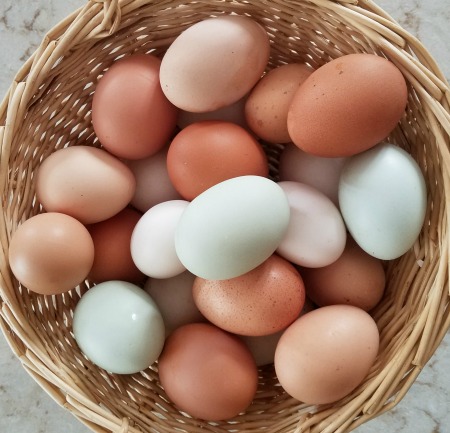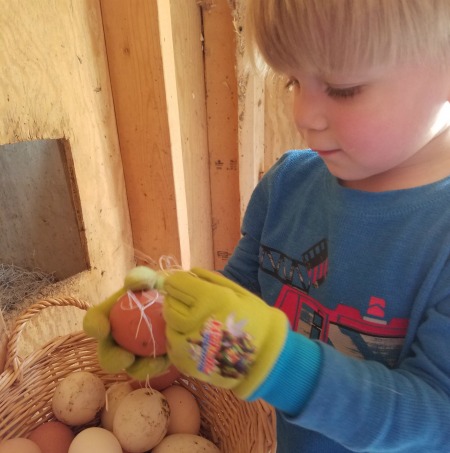These days it is difficult to really understand what is in our food and how it is processed. It is especially hard to know how animals are treated when used for meat, milk, eggs, or other animal products. In many commercial operations, chickens are often caged without access to the outdoors. When egg production slows, food is withheld to force quicker molting to return to maximum egg production. Chickens are often debeaked to prevent pecking injuries. Commercially raised chickens are rarely able to practice normal scratching and preening practices in the limited space they are given. They also have high rates of foot injuries from standing in cages their whole lives. There are definitely some practices that are better than others, but it is important to know what to look for. Here is a summary of what egg labels mean in the grocery store.
What do egg labels mean?
Cage Free: The cage free label is used for chickens living in a warehouse without cages. However, they may have 1 sq ft or less of space. Cage free chickens may have a higher mortality rate than caged birds. This may be due to pecking injuries or disease spread in a small space. They do not have access to the outdoors and can be debeaked to prevent injuries.
Free Range: Free range chickens have access to the outdoors, however, they may not actually use that outdoor space and it can be a limited time during the day. To be considered free range, a farm just needs to provide some sort of outdoor space connected to their covered barn. Unfortunately, many times that space is not accessible by most of the birds.
All Natural or Farm Fresh: There are no standards or regulations set on using the term “all natural” or “farm fresh”. These labels don’t mean anything.
Hormone Free: Chickens can not be given hormones in the US. If your egg label reads “Hormone Free” that is simply a marketing term and does not mean those eggs are better than any other available in the store.
Pasture Raised: Pasture raised chickens spend the majority of their time outdoors and have a safe indoor place to sleep. Our chickens would be considered pasture raised, and this is the term I would look for when buying eggs elsewhere.
Organic: To have the organic label, the eggs must come from a certified organic farm. The chickens must be cage free and have outdoor access, but they can be debeaked. In many family farm cases, the label will read “From Organically Fed Chickens” or something similar, because the investment to become certified isn’t worth it for small farms.
Omega-3 Enriched: This label doesn’t mean anything as far as living conditions. It only means the chickens are fed a diet with added Omega-3s.
We are proud to have pasture raised, organically fed chickens. We are lucky to get enough eggs to sell a few to cover some feed costs and provide others with eggs they can feel good about. Our eggs generally have dark orange yolks, a sign that they are truly pasture raised and free range more than they eat grain. The eggs come in various sizes and colors, which varies by breed. Store bought eggs generally have a pale yolk, indicating a grain fed chicken.
It is also important to know that while store bought eggs generally have an expiration date a month away, they are often already 30+ days old. Fresh eggs will often be perfectly good 3+ months from when they were collected. As eggs age they are better for hard boiling. Store bought eggs peel easier than farm fresh eggs because they are older. For fresh eggs, try steaming them instead of boiling. They will peel great! When in doubt about how old your eggs are, you can test your eggs with the Float Test. To test for freshness, put an egg in water. If it sinks it is still fresh. If it stands on end, it is still good but should be used soon. If it floats, it is no good. You might be surprised at how long your eggs can last.
Food labels really can be deceiving, so I hope this has given you some clarity in what to look for. It might just make you want to get a few chickens of your own! If that’s the case, check out our Chicken Basics article. Support your local farmers and happy egg hunting!






